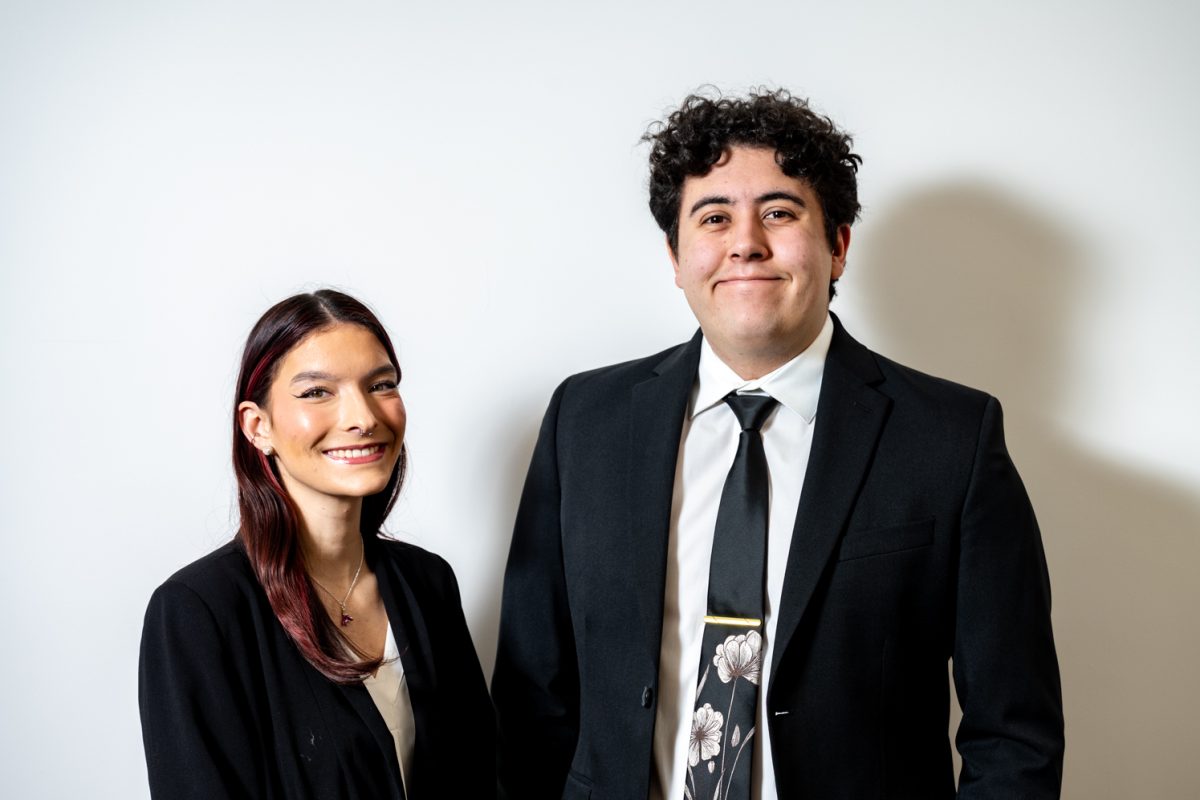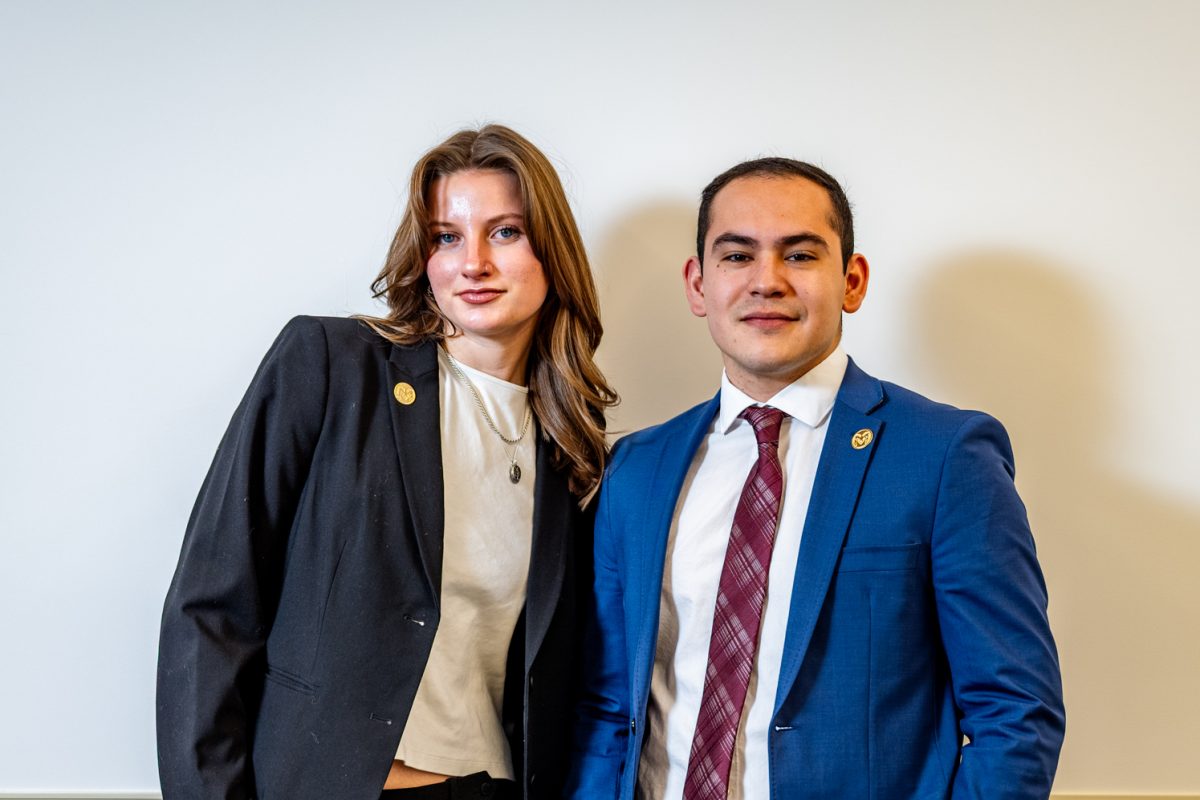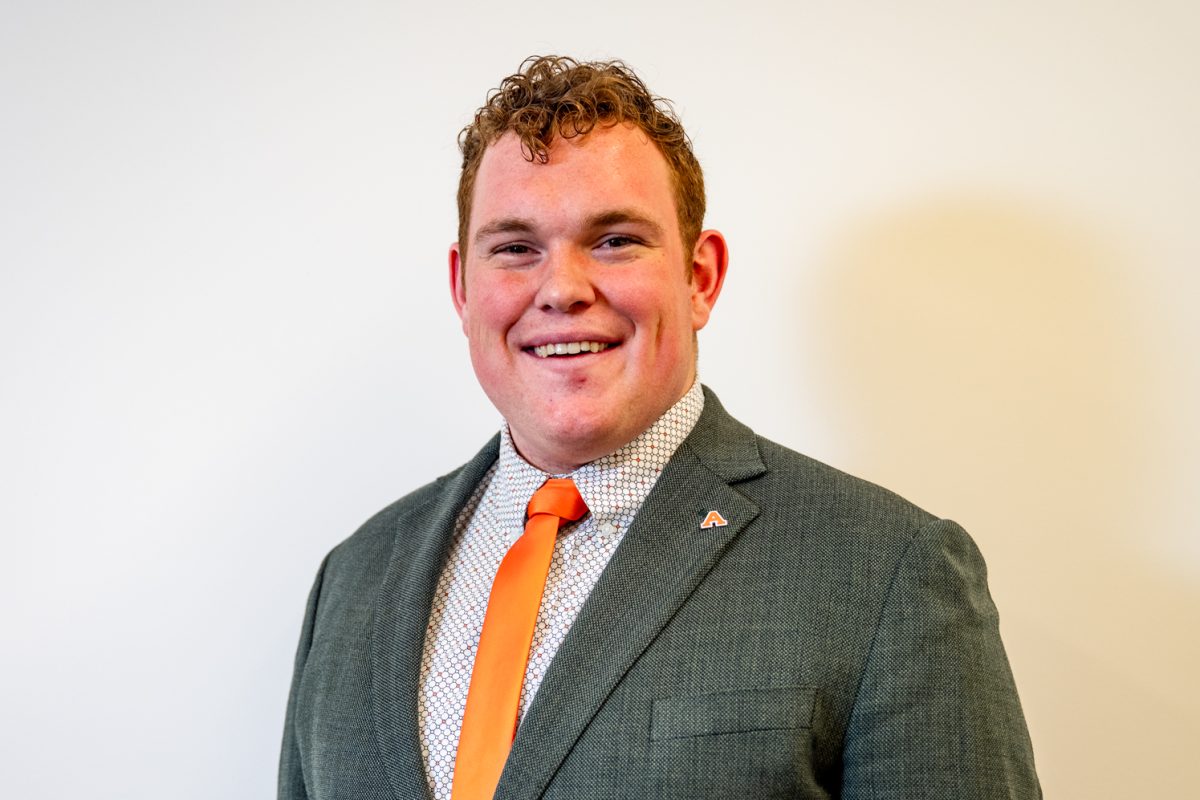After years of research, Susana Muñoz is preparing to present her findings on the cultural issues that both undocumented students and students protected by the Deferred Action for Childhood Arrivals bill face in Colorado.
Muñoz, an assistant professor in the Colorado State University School of Education, will be presenting her research paper to faculty and students Wednesday, Nov. 15 in Lory Student Center Room 312 from 3 p.m. to 4 p.m.
The presentation, titled “Interrogating Legality and Campus Climate: How Undocumented and DACAmented College Students Experience Institutional Legal Violence in Colorado,” will focus on the cultural impact of rescinding DACA and the 2016 presidential election.
According to Muñoz, her research project, which she began shortly after her arrival at CSU three years ago, is divided into two parts. The first section of the study consisted of interviewing DACA students and faculty that worked with them, and the second phase centered on focus groups.
“The larger project included interviews with undocumented students and staff that serve undocumented students on their campuses,” Muñoz said. “In the second phase of the study, we’re actually conducting focus groups … in the second phase we’re really geared toward the impact of the political climate no undocumented students.”
Colorado State University, as part of the state’s Advancing Students for a Stronger Economy Tomorrow bill, charges in-state tuition for qualifying undocumented students. According to Muñoz, the state law was a major part of what led her to conduct the research in the first place.
“I wanted to see what has changed (about the policy) in terms of behaviors and practices on college campuses that help support the educational success of undocumented students,” Munoz said.
The data that research has provided over the past three years points to a lack of support overall for undocumented students, according to Muñoz, though this data was largely collected before the United States presidential election of 2016. Since then, she said the added public attention has improved the support network, at least to an extent.
“We’re seeing a different story now,” Muñoz said. “Institutions are addressing the issue in different ways.”
Collegian reporter Mason Force can be reached at news@collegian.com or on Twitter @masforce1.







